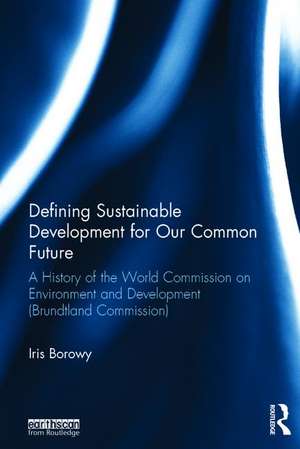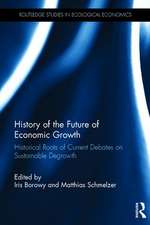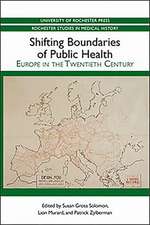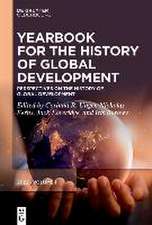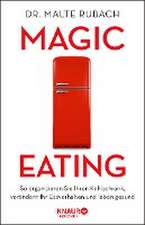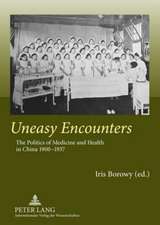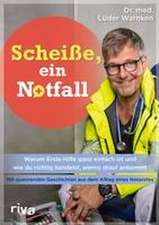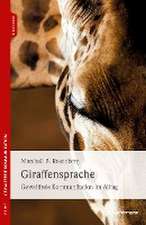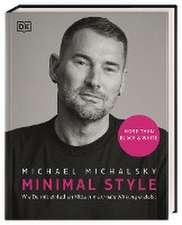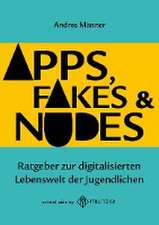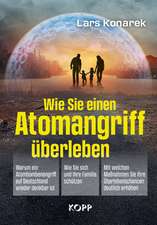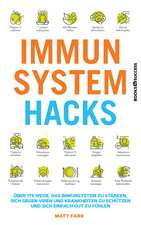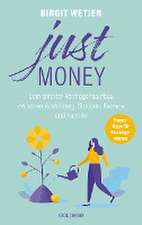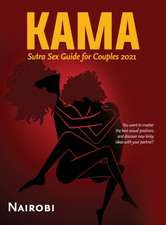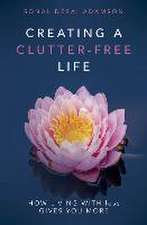Defining Sustainable Development for Our Common Future: A History of the World Commission on Environment and Development (Brundtland Commission)
Autor Iris Borowyen Limba Engleză Paperback – 27 noi 2015
This book positions the Brundtland Commission as a key event within a longer series of international reactions to pressing problems of global poverty and environmental degradation. It shows that its report, "Our Common Future", published in 1987, covered much more than its definition of sustainable development as "development that meets the needs of the present without compromising the ability of future generations to meet their own needs" for which it became best known. It also addressed a long list of issues which remain unresolved today. The book explores how the work of the Commission juggled contradictory expectations and world views, which existed within the Commission and beyond, and drew on the concept of sustainable development as a way to reconcile profound differences. The result was both an immense success and disappointment. Coining an irresistibly simple definition enabled the Brundtland Commission to place sustainability firmly on the international agenda. This definition gained acceptability for a potentially divisive concept, but it also diverted attention from underlying demands for fundamental political and social changes.
Meanwhile, the central message of the Commission – the need to make inconvenient sustainability considerations a part of global politics as much as of everyday life – has been side-lined. The book thus assesses to what extent the Brundtland Commission represented an immense step forward or a missed opportunity.
| Toate formatele și edițiile | Preț | Express |
|---|---|---|
| Paperback (1) | 414.32 lei 6-8 săpt. | |
| Taylor & Francis – 27 noi 2015 | 414.32 lei 6-8 săpt. | |
| Hardback (1) | 1062.62 lei 6-8 săpt. | |
| Taylor & Francis – 25 noi 2013 | 1062.62 lei 6-8 săpt. |
Preț: 414.32 lei
Nou
Puncte Express: 621
Preț estimativ în valută:
79.29€ • 82.47$ • 65.46£
79.29€ • 82.47$ • 65.46£
Carte tipărită la comandă
Livrare economică 12-26 aprilie
Preluare comenzi: 021 569.72.76
Specificații
ISBN-13: 9780415825511
ISBN-10: 0415825512
Pagini: 256
Ilustrații: black & white illustrations
Dimensiuni: 156 x 234 x 15 mm
Greutate: 0.41 kg
Ediția:1
Editura: Taylor & Francis
Colecția Routledge
Locul publicării:Oxford, United Kingdom
ISBN-10: 0415825512
Pagini: 256
Ilustrații: black & white illustrations
Dimensiuni: 156 x 234 x 15 mm
Greutate: 0.41 kg
Ediția:1
Editura: Taylor & Francis
Colecția Routledge
Locul publicării:Oxford, United Kingdom
Public țintă
Postgraduate and ProfessionalCuprins
Foreword Jim MacNeill 1. Introduction – The Difficult Elements of Sustainable Development Part 1: The Time Before the WCED 2. The Background – Strands Leading up the Brundtland Commission Part 2: The Time of the WCED 3. Establishing the Commission 4. Jakarta 5. Oslo 6. São Paulo 7. Ottawa 8. Harare 9. Moscow 10. Bringing Commission Work to an End Part 3: After the WCED 11. Strands leading away from the Brundtland Commission 12. Conclusions – a Retroactive View on Sustainable Development and its Difficult Elements
Notă biografică
Iris Borowy is an Adjunct Lecturer at the Historical Institute, University of Rostock, Germany and a Research Associate at the Centre Alexandre Koyre, CNRS, Paris, France
Recenzii
"Praised as a blueprint for a new era, despised as an "oxymoron", classified as simple ecological modernization, seen as the greenwashing of Keynesian social-democracy, there is no doubt of the historical significance of the notion of Sustainable Development. In this instructive, well researched book, Iris Borowy disentangles the various strands. Highly recommended." – Joan Martínez-Alier, Professor of Economics and Economic History and Deputy Director of ICTA at the Universitat Autonoma de Barcelona, Spain.
"The Brundtlandt Commission is today often written off as either the dawn of a new era or as a massive failure. Its work is usually reduced to a single phrase – "sustainable development" – which, ironically, had its origins elsewhere. Iris Borowy gives us an eye-opening and very readable story of the commission's aims and achievements and its impact worldwide. Borowy has written a fascinating historical account of the international actors and their convictions, of ideas and interests, and the behind-the-scene struggles and debates that made the Brundtlandt report a landmark in political thought towards a better future." – Christof Mauch, Director, Rachel Carson Center for Environment and Society at LMU Munich and Past President, European Society for Environmental History.
"A fascinating book and a rewarding read for all of those interested in the events and ideas leadung up to the 1992 Rio Earth Summit and the continuing global debate on the defining issues of our time." – from the foreword by Jim MacNeill.
"God bok med vide perspektiver." – Hans Christian Bugge, Professor emeritus, Institutt for offentlig rett, Universitetet i Oslo, Michael 2014; 11: 45–55.
"Defining Sustainable Development is an excellent book. It addresses, or at least engages with, a number of the ‘big questions in geography’ as posited by Cutter et al. (2002). It is very important for geographers who are interested in understanding how the earth has been transformed by human action, how those actions relate to international politics, the impacts of theoretical conceptualization of sustainable development and the successes and failures of implementation. It is a book that encapsulates one recent era, while providing valuable lessons for contemporary and future efforts to address the important issues that remain unresolved." – Australian Geographer, Phil Mcmanus, The University of Sydney, Australia.
"The Brundtlandt Commission is today often written off as either the dawn of a new era or as a massive failure. Its work is usually reduced to a single phrase – "sustainable development" – which, ironically, had its origins elsewhere. Iris Borowy gives us an eye-opening and very readable story of the commission's aims and achievements and its impact worldwide. Borowy has written a fascinating historical account of the international actors and their convictions, of ideas and interests, and the behind-the-scene struggles and debates that made the Brundtlandt report a landmark in political thought towards a better future." – Christof Mauch, Director, Rachel Carson Center for Environment and Society at LMU Munich and Past President, European Society for Environmental History.
"A fascinating book and a rewarding read for all of those interested in the events and ideas leadung up to the 1992 Rio Earth Summit and the continuing global debate on the defining issues of our time." – from the foreword by Jim MacNeill.
"God bok med vide perspektiver." – Hans Christian Bugge, Professor emeritus, Institutt for offentlig rett, Universitetet i Oslo, Michael 2014; 11: 45–55.
"Defining Sustainable Development is an excellent book. It addresses, or at least engages with, a number of the ‘big questions in geography’ as posited by Cutter et al. (2002). It is very important for geographers who are interested in understanding how the earth has been transformed by human action, how those actions relate to international politics, the impacts of theoretical conceptualization of sustainable development and the successes and failures of implementation. It is a book that encapsulates one recent era, while providing valuable lessons for contemporary and future efforts to address the important issues that remain unresolved." – Australian Geographer, Phil Mcmanus, The University of Sydney, Australia.
Descriere
The UN World Commission on Environment and Development, chaired by former Norwegian Prime Minister Gro Harlem Brundtland, alerted the world to the urgency of making progress toward economic development that could be sustained without depleting natural resources or harming the environment. This book positions the Brundtland Commission as a key event in the history of sustainable development and assesses its impact.
